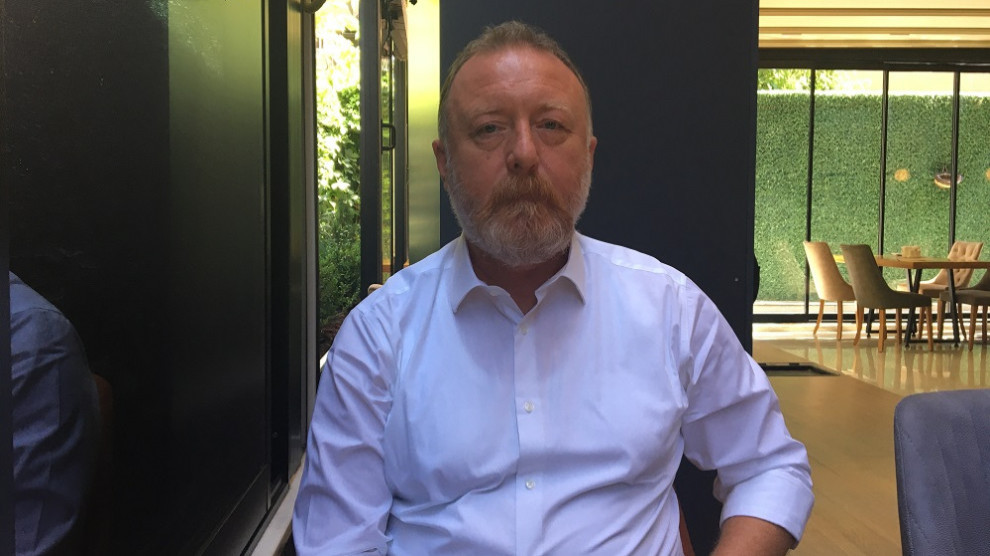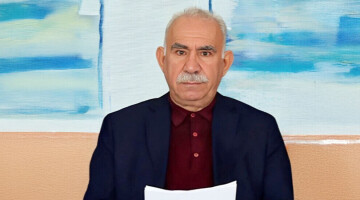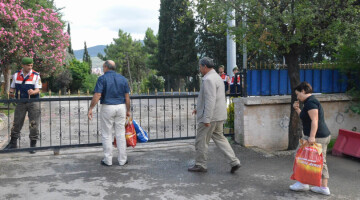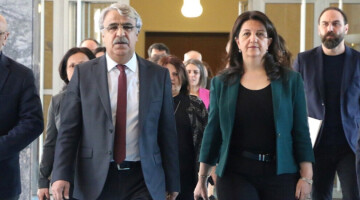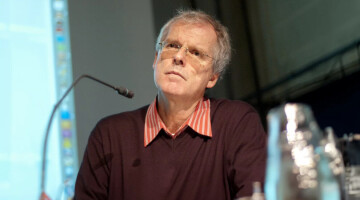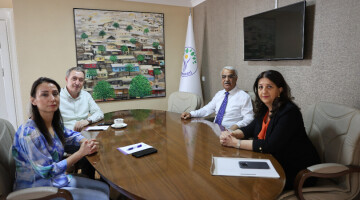In its road map published 1 June, the Peoples’ Democratic Party (HDP) announced an action campaign to strengthen democratic resistance in the run-up to the World Day of Peace on 1 September. The long march to Ankara on 15 June was the first action in this framework. HDP MPs from Edirne in the west of Turkey and Hakkari, located on Turkey’s eastern border in Northern Kurdistan, marched to Ankara in a " march for democracy against the political coup". After that, the phase of the "democratic assemblies" began. HDP politicians are now moving from city to city and, despite the disruptions caused by the pandemic, are organising people's assemblies there to talk to people from different social groups about peace and democratisation and to record their opinions on how to shape a democratisation process. The former co-chair of the HDP and member of parliament Sezai Temelli commented on the course of the campaign in an interview with the ANF.
Temelli explains that the AKP is trying to ensure its survival through war policy and Kurdish hostility and that this is the only reason for investment in armaments and the war industry. He stresses that the HDP and its struggle are the only alternative to the AKP's policies.
The HDP's understanding of politics has caused the government to fear
Temelli continues: "The third way is also a criticism of the political system in Turkey. It is a way beyond monistic concepts. As a matter of fact, the political opposition in Turkey fits into state mentality. The HDP and the HDK [Peoples’ Democratic Congress] have analysed this and developed the discourse on the basis of the idea that a different policy, opposition and way of governing is possible.
This has naturally emerged from our understanding of radical democracy, democratic nation and democratic society. We are convinced that democratisation will only be possible by developing local forms of democracy. That is why our idea was so strong that it scared the state and the government. As the HDP, we will continue to raise this issue and expand the struggle. On the other hand, the government, in its fear, will continue to increase its blockade attitude and violence. But of course, the repression will end and the government will leave. But in order to do this, we must strengthen our resistance.
All work with and in society
For this we must all do our work within and with the people. We must form alliances that really lead to social reconciliation. It was in this spirit that we first organised the march to Ankara for justice, freedom and equality. Now we are meeting with democratic organisations and the population everywhere to build a resistance network.
Our main objective is a real democratisation of Turkey. The question of how this democratisation is to be shaped is also part of the current campaign. It is within this framework that we want to meet with the people. It is an assertive project. Our assertion stems from the concept of the third way. Because our understanding of politics is to provide a response to the expectations of society in Turkey. In our work we see to what extent society is in line with our ideas and understanding."
We haven't been able to build up an organisation adequate to our thinking
Temelli also talks about repression and says that the state repression was successful in ensuring that the HDP was unable to establish sufficient contact with the people at various points. But there are also internal reasons for this, he says. He continues: "I can say that this problem has arisen both from external factors and from internal structure. Our main problem is that, to date, we have not sufficiently managed to build up an organisation that corresponds to our thinking. I see the root of the problem in this. That is why we have held an organization conference.
We have dealt with the topic intensively. Because if we speak of a democratic society and make this our most important point of reference, then we must also organize ourselves according to this understanding. If we do not do this, then relations between the party and the people will always remain distant. They will only develop on the basis of political structures and will be limited to them. To overcome this and to really include society in the organizational life is only possible with the politicization of society. We must create mechanisms to politicize society."

